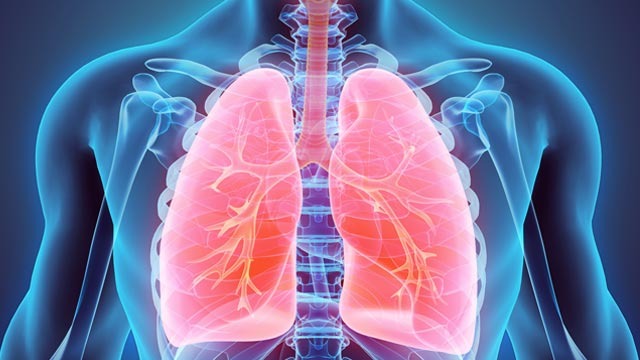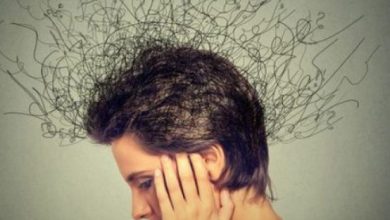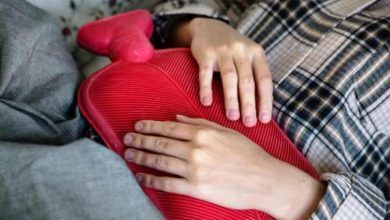The causes and symptoms of kidney protein excretion +video
kidney protein excretion : The kidneys are responsible for purifying the blood plasma and clearing it of waste products. The kidneys’ structure is such that during the purification process, it blocks albumin, which is the most critical circulating protein.
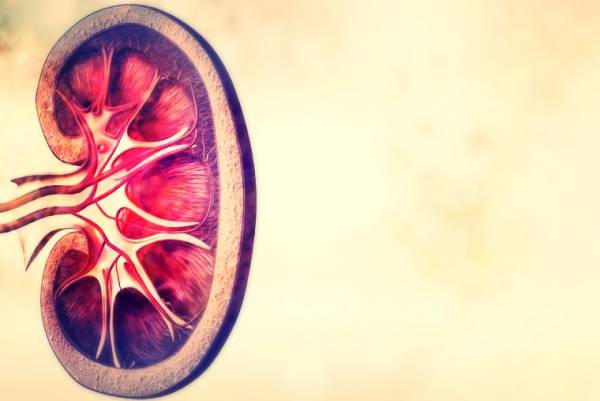
albumin in urine
When the kidneys do not do their job correctly, protein is expelled from the body. Your main blood protein is called albumin, and proteins have essential functions in the body, such as helping to build bones and muscles, preventing infection, and controlling the amount of fluid in the blood.
Healthy kidneys remove excess fluid and waste products from the blood but allow proteins and other essential nutrients to pass through them and return to your bloodstream. When the kidneys are not working correctly, it may cause some protein (albumin) to be given to your urine through filters.
protein in urine
Protein in the urine can be a sign of nephrotic syndrome or early signs of kidney disease. Anyone can have protein in their urine. If you have one or more risk factors for kidney disease, you may be at higher risk, such as:
- Diabetes
- High blood pressure
- Family history of kidney disease
- Kidney problems
what does protein in urine mean
Protein excretion from the kidneys causes a disease called proteinuria. Proteins, along with fats and sugars, are the building blocks of our body.
Having the right amount of protein in your diet is essential for growth and repair. There is a protein in the blood. Healthy kidneys reject most protein and enter only a small amount of urine. It is not common for protein to enter the urine, and when this happens, it is called “proteinuria.”
Some proteins are found in urine, but most are related to albumin kidney disease. Protein in urine is usually not apparent but can be detected by a simple wooden test or sometimes by more sensitive laboratory tests. The presence of protein in the urine can warn that the kidneys’ condition is not good.
Types of renal protein excretion:
Chronic proteinuria:
These are conditions that exist even before pregnancy. A kidney problem causes chronic proteinuria.
Urea protein onset:
A proteinuria attack does not occur before pregnancy. It is mainly caused by a condition called preeclampsia, a pregnancy disorder that affects the blood vessels and organs of the body.
trace of protein in urine
How do I know if there is a protein in my urine? When the kidneys first have a problem, and there is not much protein in the urine, you will not see any signs.
The only way to detect the presence of protein in the urine is to have a urine test. A urine protein test measures the amount of albumin in the urine compared to the amount of blood serotonin. This ratio is called albumin to satin (UACR).
UACR above 30 mg / g can be a sign of kidney disease. As your kidney damage gets worse and a lot of protein passes through your urine, you may experience the following symptoms:
Swelling of the hands, feet, abdomen, or face :
If you have these symptoms, your kidney damage may be severe, and talk to your doctor right away for the proper treatment.
protein in urine symptoms
Urinary tract infections can lead to proteinuria, but there are usually other symptoms of a urinary tract infection.
Renal protein excretion or proteinuria can be a sign of some diseases and illnesses:
For example, heart failure, the first warning about pregnancy seizures and fainting.
Sometimes a positive drop test for protein is not uncommon, for example, for concentrated samples in the early morning or if they are dehydrated or have alcohol.
Laboratory tests can classify these (protein/serotonin ratio or albumin/serotonin ratio)
Temporary improvement in proteinuria may occur after strenuous exercise or high fever.
Sometimes, almost always in children, proteinuria can be diagnosed in the evening, not in the morning. This is known as proteinuria and is usually harmless.
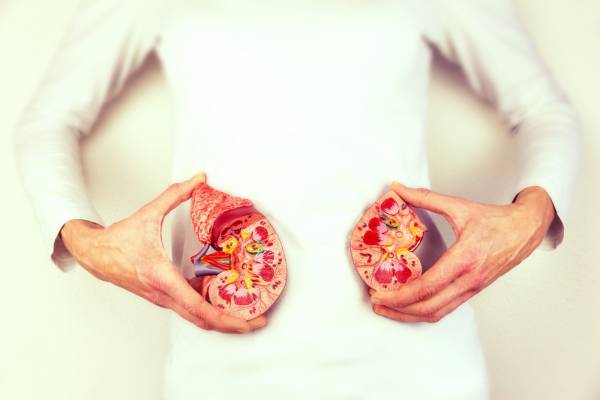
What does it mean to excrete kidney protein ?
Prolonged proteinuria means a kidney problem. Some warning signs may be an actual kidney problem:
- There is a lot of protein in the urine.
- There are also positive tests for blood in the urine
- Abnormal clot testing
- High blood pressure
- Being young
- Stress and youth
What are the symptoms of kidney protein excretion ?
Severe proteinuria, for example, the presence of more than 2-3 grams per day, or a protein-serotonin ratio (PCR) of 0.3-200 or more that requires research to find the cause.
If you do not have any of the above signals, it is best to have your kidneys, urine, and blood pressure tested to make sure there is no problem.
Chronic kidney disease is less likely to occur unless you are young or have other problems. Patients who have protein in their urine are more likely to suffer from heart disease. This will increase examinations and care:
- blood pressure
- Cholesterol (higher in patients with proteinuria)
- Other causes of heart disease, such as smoking, are obesity.
- blood pressure
protein in urine test
Deep Stick Test: In this test, a strip with chemically modified stains is placed on a urine sample that changes color in the presence of protein. Reading this test from + to ++ indicates high protein in the urine, which is a sign of preeclampsia or kidney damage.
24-hour protein test: In this test, urine samples are collected in separate containers for 24 hours and sent for analysis.
Usually, the first-morning urine is not intended for testing purposes.
If the amount of protein in the urine is more than 300 mg, this indicates preeclampsia.
How is renal protein excretion or proteinuria treated?
If you have diabetes or high blood pressure, the first and second cause of kidney disease, it is essential to control these conditions. If you have diabetes, managing it means constantly monitoring your blood sugar, taking medications as your doctor advised, and following a healthy diet and exercise program.
If you have high blood pressure, your doctor may prescribe medications to help lower your blood pressure and protect your kidneys from further damage.
If you have protein in your urine but do not have diabetes or high blood pressure, an ACE inhibitor or ARB inhibitor may help protect your kidneys from further damage. If you have protein in your urine, talk to your doctor about choosing the best treatment option.
also Read :





